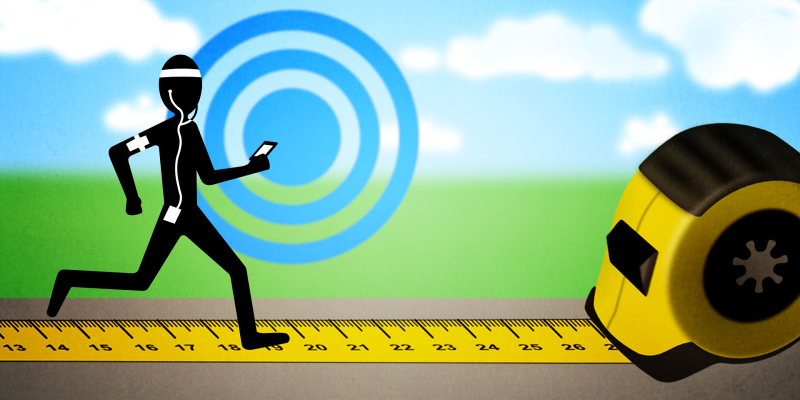You can see them on your Google PlayStore and Apple App Store. Chances are, your partner or buddy has them on his smartphone. Indeed, smartphone fitness or exercise apps have become very ubiquitous these days. Some reports say that the number of these apps is already past the 50,000 mark.
It’s not rocket science to understand the popularity of these apps. These digital tools, after all, can do a lot of things from monitoring physical activity, planning meals, even to keeping track of your blood pressure.
Most people use it for motivation. Apps can encourage them to go out and run, or hit the gym according to the workout schedule set by users. It’s something that comes in handy whenever you feel the urge to skip your trip to UFC Gym or Lifetime Fitness.
But do these apps really help in improving the health of users?
There’s really no scientific study to this day that proves these smartphone exercise apps can improve one’s health. There are claims of studies showing that people who use fitness apps did lose weight, but those studies are unsurprisingly backed by app makers themselves to there’s some bias to them.
It’s also hard to believe some of the outlandish claims of these apps, like measuring pulse and blood pressure using touch screen or the microphone of the device. You don’t need to be a doctor or expert to know that measuring blood pressure through these methods isn’t accurate at all.
But in terms of aiding you in choosing the right foods, these apps can be useful. Smartphone fitness apps can help you in keeping track of your diet, which isn’t a bad thing at all.
Tips in Choosing Fitness Apps
Here are some tips that you would want to keep in mind when selecting health apps to download or purchase:
- Download it for a test drive. Most health apps are available for free. Some may be freemium versions, meaning you’ll have to pay a certain fee in order to access the full version. Try out different apps and see which one really works in terms of tracking your exercises and diet.
- Read users review online. This can give you an idea which app works, and which doesn’t.
- Trust those health apps that are created or supported by reputable health advocacy groups or medical organizations as these are the ones which are more likely to be legit.
